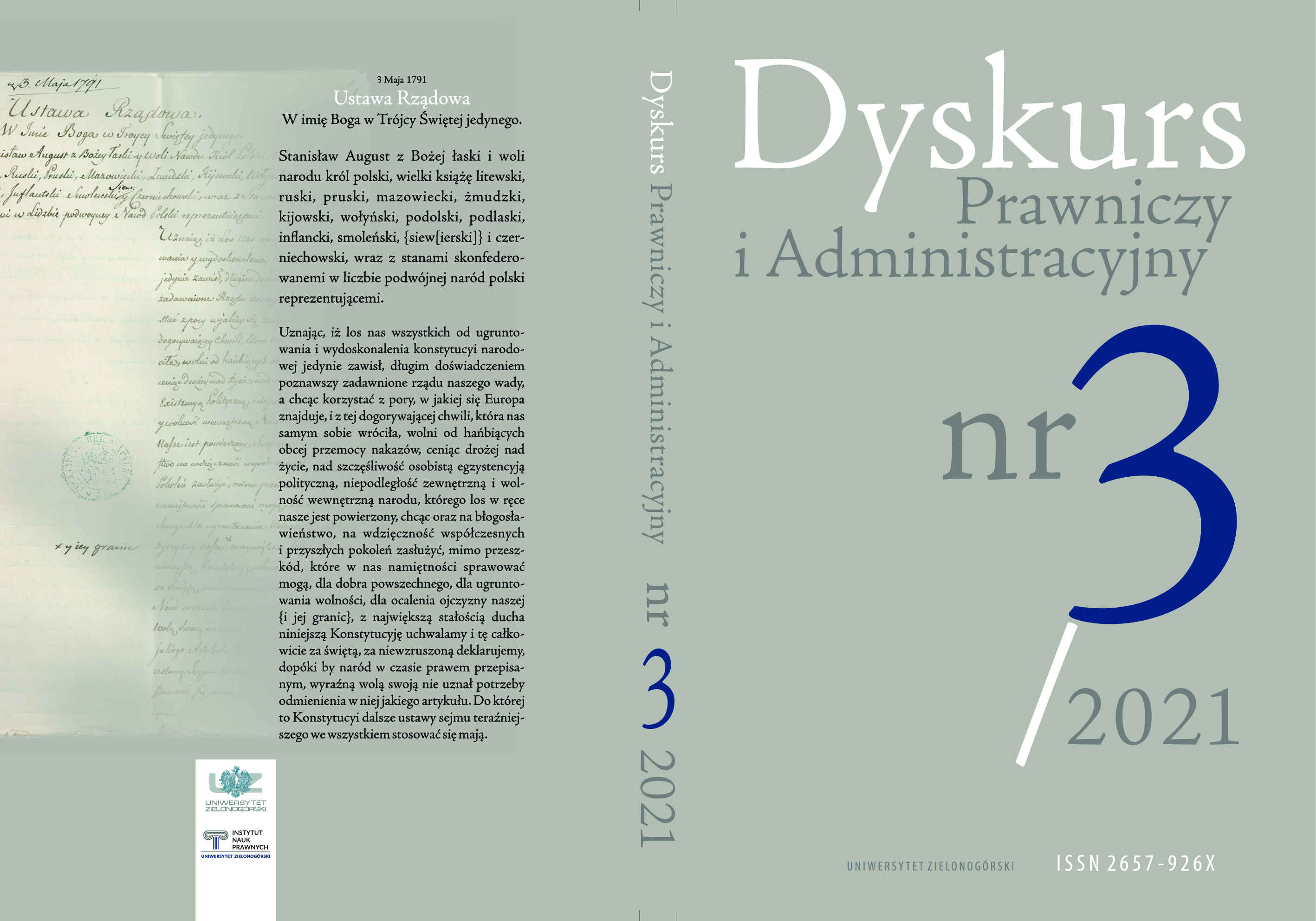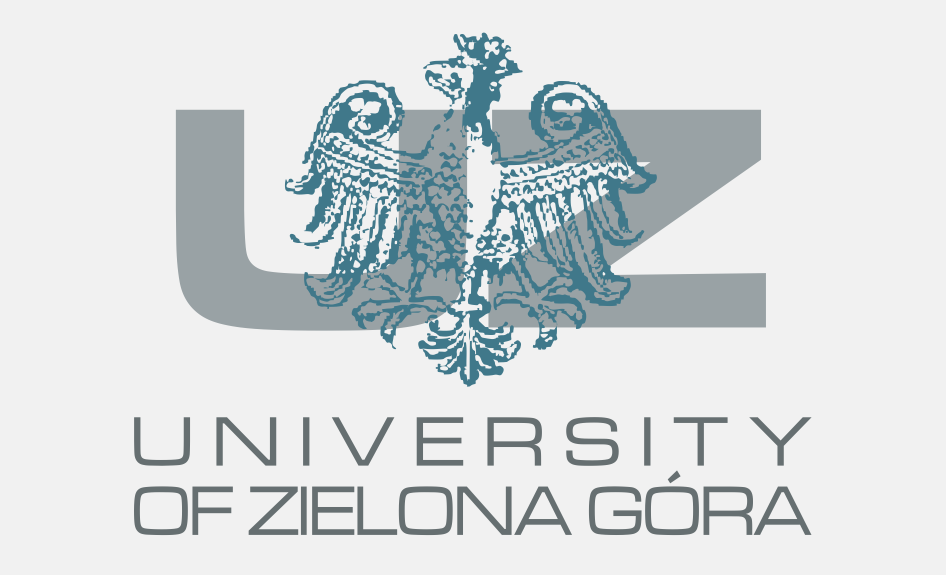Contemporary Macedonian and Polish Constitutional Experiences and Challenges ‒ Differences and Similarities
Keywords:
Constitution, political system, state, democracy, rule of the law, European standardsAbstract
Republic of Macedonia and the Republic of Poland are two friendly countries which, despite the differences with regard to the territory they occupy, the population, their histories and political developments, function together as two independent and sovereign countries who fully respect each other’s national, cultural and political specifics and differences. The socialist past on one hand, and the new democratic reality in both countries on the other, bring to the surface the numerous constitutional and legal elements which can be identified as similarities, but they also bring some specific differences which the two countries have with regard to their legal and political systems. The socialist past of the two countries has certainly left a memory of the several categories specific for that system, such as the one-party system, the party and political monism, the unity of the government and the socialist ideology. On the other hand, the transformation of the two legal and political systems in democracies brought the new democratic categories together with their challenges. The dominant protection of the human rights and freedoms by the democratic systems in both countries, the respect for the rule of the law and for the democracy, brought many positive aspects in the functioning of the systems, but they also opened many problematic areas and rose number of questions for which the experts and the politicians are still searching for proper answers. The paper will try to highlight the most important questions related with the constitutional and legal development in both countries by putting the emphasis on the period of democracy which started in Poland by the end of 1988, while in Macedonia it saw its birth in the beginning of 1990. Although Poland has much broader experience when it comes to the constitutional and the legal development of the country, which is not the case with Macedonia, this paper will still try to identify the similarities and the differences in the functioning of the two constitutional and political systems through a comparative observation, by noting the weaknesses in their work, as well as by noting the possibilities for incorporating of certain solutions as good democratic practices.
References
Millard F., The anatomy of the new Poland: Post-communist politics in its first phase, Edward Elgar, Aldershot

Published
How to Cite
Issue
Section
Copyright (c) 2022 Tanja Karakamisheva-Jovanovska

This work is licensed under a Creative Commons Attribution-NonCommercial-NoDerivatives 4.0 International License.




